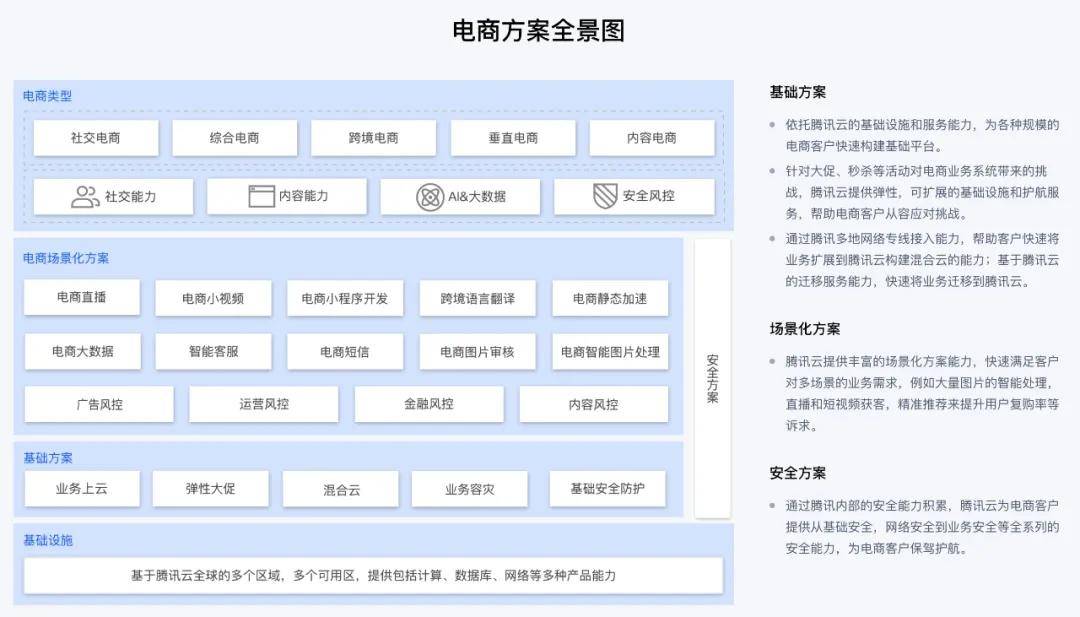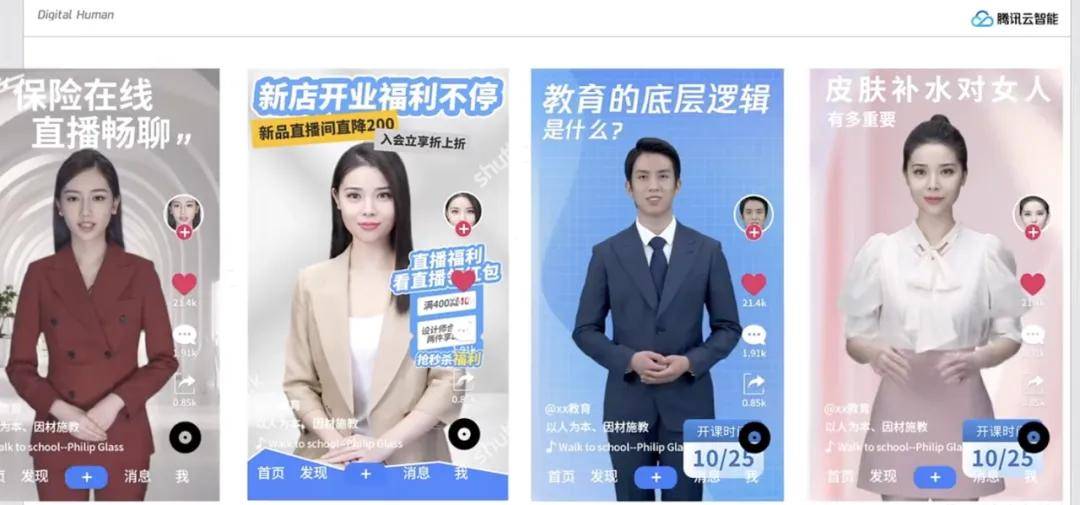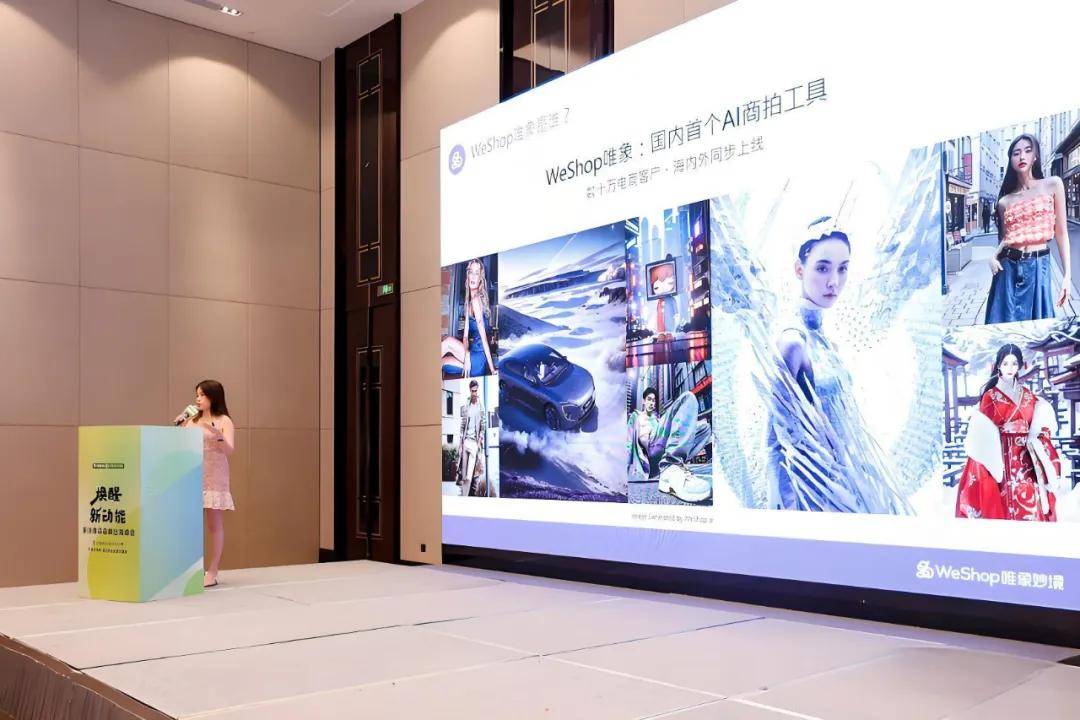Many enterprises rely on TA to win on Double 11
![]() 11/25 2024
11/25 2024
![]() 485
485

Produced by | Bullet Finance
Designed by | Qianqian
Reviewed by | Songwen
As the world's largest shopping festival, Double 11 is not only a day for consumers to enjoy shopping, but also a crucial moment for major e-commerce platforms and brand merchants to showcase their strength and compete for market share. Meanwhile, the surge in transaction volume and traffic also pose a significant challenge to e-commerce platforms and cloud service providers – it is a major test of their technology and service capabilities.
Looking back ten years, almost all mainstream e-commerce platforms have encountered issues such as webpage lags, slow loading, or even system crashes during major promotional events. Although significant technological investments and advance testing have been made, such situations cannot be completely eliminated due to the unpredictable speed and scale of traffic surges.
To address these issues, e-commerce platforms have adopted various measures, such as expanding server capacity, optimizing system architecture, and formulating emergency response plans. These efforts have ensured a smooth shopping experience for users.
Behind these achievements, the front-end relies on the self-evolution of the e-commerce industry, while the back-end relies on robust technical support.
In the era of AI, the demand for technology in the e-commerce industry has risen to a new dimension: not only is there a need for underlying infrastructure, but also for solutions tailored to the industry itself.
It is no exaggeration to say that AI technology is increasingly changing the form of e-commerce and people's consumption patterns. However, there are also underlying concerns: inaccurate content distribution, vulnerabilities in business transactions, etc., can severely impact the effectiveness of platforms and brands in achieving growth.
In this regard, how should e-commerce platforms and merchants address this situation and break the deadlock?
1. The Elevated Demand of the E-commerce Industry and New Opportunities for Cloud Providers
The advent and development of the internet have transformed many aspects of our lives, including consumption, travel, and learning. Among these, e-commerce stands out as the most significant change.
After more than two decades of development, the e-commerce industry has evolved from a simple trading platform into a highly mature and diversified ecosystem.
Globally, e-commerce platforms have become an important channel for daily shopping. In China, the transaction volumes of major shopping festivals like Double 11 and 618 have repeatedly set new records.

(Image / Shutterstock, based on VRF agreement)
With the refinement of consumer groups, e-commerce platforms are also diversifying and specializing. Vertical e-commerce platforms targeting specific areas and demographics are gradually increasing, such as beauty e-commerce and maternity and baby e-commerce. Meanwhile, social e-commerce and cross-border e-commerce are also thriving.
Notably, after intense competition in the e-commerce platform industry, companies have begun to focus on technology. Major e-commerce platforms are leveraging big data and AI technology for user industry analysis, personalized recommendations, intelligent customer service, etc., to enhance user experience and operational efficiency.

As a result, market demands for e-commerce data management, marketing growth, platform stability, and security have all been elevated to varying degrees.
Addressing technical and service issues encountered during industry development and being at the forefront to solve problems in critical moments have always been the focus of e-commerce platforms in their development.
Where there is demand, there is a market.
In fact, the e-commerce industry has been closely linked to cloud computing since its inception. The continuous expansion of e-commerce scale, diversification of competition, and development of live streaming and cross-border e-commerce are all inseparable from the support of cloud providers.

(Image / Shutterstock, based on VRF agreement)
Therefore, as the e-commerce industry evolves, the "scope of action" and capability requirements for cloud providers in the e-commerce sector also change accordingly.
Take this year's Double 11 as an example. This year's extended Double 11 promotion, which kicked off in early October, spread the traffic peak originally concentrated around November 11 across different periods. Cloud services need to support rapid elastic scaling and shrinking to maintain high stability and availability while controlling costs. Faced with the vast amount of data in the e-commerce industry, cloud providers must enhance their big data processing and analysis capabilities to provide e-commerce enterprises with more precise user profiling, sales forecasting, inventory management, and other services.

(Image / Shutterstock, based on VRF agreement)
For content e-commerce, live streaming e-commerce, and other platforms with a large amount of short video and image-text UGC content, as well as various promotional campaigns during Double 11, cloud providers are required to provide better content storage, distribution, management, and security services.
Furthermore, as the trend of AI in e-commerce becomes increasingly apparent, cloud providers are deeply integrating AI technology into e-commerce solutions, such as providing intelligent customer service, intelligent recommendations, and intelligent marketing functions, to help e-commerce enterprises improve operational efficiency and conversion rates. At the cross-border solution level, cloud providers can provide one-stop services including overseas server deployment, cross-border data transmission, and cross-border payments.
Various indications show that cloud providers have great potential in the e-commerce sector.
2. Tencent Cloud Provides a Standard Answer
As an industry pioneer, Tencent Cloud leverages its technical strength and rich industry experience to provide e-commerce industry users with a full-stack solution ranging from basic and computing services, scenario-based solutions, to security solutions.
During this year's Double 11 promotion, Tencent Cloud provided more flexible, secure, stable, and cost-effective services for e-commerce industry users of different types and scales, becoming the "standard configuration" for many e-commerce enterprises during major promotions.
Specifically, Tencent Cloud's e-commerce solution landscape is divided into three levels: infrastructure, basic solutions, and e-commerce scenario-based solutions. Based on this, it can serve different types of e-commerce platforms.

In scenario-based solutions, Tencent Cloud provides rich scenario-based capabilities for e-commerce platforms to quickly meet customers' business needs in multiple scenarios. For example, intelligent processing of a large number of images, live streaming and short video customer acquisition, and precise recommendations to increase user repurchase rates.
To address the challenges posed by major promotions and flash sales to e-commerce business systems, Tencent Cloud provides elastic and scalable infrastructure and escort services to help e-commerce customers tackle these challenges with ease.
Public information shows that Tencent Cloud has served various e-commerce customers, including platform-based e-commerce, social e-commerce, and some e-commerce service tools, making it the first choice for domestic e-commerce industry customers.
In fact, the e-commerce industry is a field where artificial intelligence is deeply applied. Tencent Cloud provides AI solutions for e-commerce industry customers, including digital humans, AI image generation, AI marketing copywriting, intelligent customer service, AI translation, etc., effectively helping e-commerce customers improve quality and efficiency.

(Image / Tencent Cloud Digital Human)
In recent years, live streaming for product promotion has maintained its popularity and has become a regular form of e-commerce. In response, Tencent Cloud pioneered and widely applied its ultra-low latency live streaming capability globally, reducing the average latency from 3 seconds to less than 0.5 seconds, improving the Quality of Experience (QoE) for e-commerce industry customers by over 1%, supporting tens of millions of concurrent viewers, and boosting daily transaction volumes by over ten million.
Yang Zheming, head of Tencent Cloud's e-commerce industry solutions, told Interface News and Bullet Finance, "Tencent Cloud has over 400 products covering various layers from IaaS, PaaS to SaaS. For e-commerce enterprises, whether it's basic computing power deployment or the use of the PaaS platform to implement business logic on top of computing power, such as inventory systems, order systems, and marketing risk control systems, Tencent Cloud's product establishment is very comprehensive."
He gave an example. "The scenario of major promotions in e-commerce, where rapid expansion of computing resources is needed to handle traffic peaks during promotions, is very common in the e-commerce field. Users can leverage Tencent Cloud's elastic computing power, whether it's based on cloud servers or container-based elastic computing power, to quickly and elastically provide the computing power required by enterprises."

(Image / Shutterstock, based on VRF agreement)
In terms of marketing, e-commerce often requires big data processing to create precise user personas or develop marketing strategy rules. "We have big data platforms such as EMR or DLC data lake computing platforms that can help e-commerce customers quickly set up suitable systems. Meanwhile, for content risk or more traditional AI applications like facial recognition and some access scenarios, we have corresponding solutions," Yang Zheming added.
Among the e-commerce platforms served by Tencent Cloud, Weipaitang and Shimeizhidemaibuyi are typical cases.
Weipaitang is a leading domestic art e-commerce platform. After eight years of development, it now has over 100 million users and over 330,000 merchants.
Due to continuous business growth, its self-developed Hades database could no longer meet the storage requirements for TB-level terminal device information. Therefore, Weipaitang migrated all device information data stored in its self-developed Hades to Tencent Cloud's non-relational database KeeWiDB, significantly improving performance, cost, development, and maintenance efficiency.
In May this year, Shimeizhidemaibuyi Technology announced a new strategy – to create AI-native Shimeizhidemaibuyi GEN2, a consumption content platform that collects, analyzes, refines, and recommends consumption content across the web based on users' personalized interests using AI technology.
Shimeizhidemaibuyi Technology's vigorous promotion of its AI strategy is inseparable from its continuous accumulation of massive high-quality data resources and its ability to efficiently process this data. By leveraging Tencent's Hunyuan large model for text summarization, Shimeizhidemaibuyi has significantly improved annotation efficiency and search accuracy compared to natural language processing (NLP) and traditional manual annotation.
Moreover, the application of AI has substantially impacted every aspect of the e-commerce industry.
The AI commercial photography tool WeShop Weixiang, whose core team comes from Mogujie.com, is the first AIGC tool for product image applications in China. It helps brands significantly reduce the cost of shooting and producing high-quality product images. Currently, relying on the stable cloud infrastructure support provided by Tencent Cloud, WeShop has nearly one million registered users, more than half of whom are from overseas, including cross-border e-commerce enterprises, large clothing factories, small businesses, and women's clothing e-commerce companies from various countries around the world.

Of course, for customers with fewer personnel or relatively weaker technical capabilities, Tencent Cloud also has suitable products.
"The most basic computing, networking, and storage are essential," said Yang Zheming. "For e-commerce, big data is a must-have product before AI. With the advent of the AI era, on top of big data, we need to consider the AI products provided by users or customers, such as Tencent's Hunyuan large model and SaaS-based intelligent customer service. Tencent Cloud can quickly help customers build a complete system."
3. Conclusion
As Double 11 enters its 16th year, the models of various platforms have become more complex and diverse in terms of gameplay compared to the past. However, the core objective remains unchanged: to secure a larger market share.
More enterprises are choosing to collaborate with Tencent Cloud to explore more possibilities in the AI era. For example, Shimeizhidemaibuyi utilizes multimodal recognition to annotate content within the community, such as articles or images, based on the multimodal capabilities of large models, thereby improving the recall and accuracy rates in the search domain.
From a technical perspective, more enterprises are entering a new era of refined IT resource operation. Especially with the emergence of large models, cloud providers, represented by Tencent Cloud, have begun to focus on specific scenarios explored by customers and delve into these practical application scenarios to help e-commerce platforms and merchants truly achieve cost reduction and efficiency improvement.
*The lead image in this article is from Shutterstock, based on the VRF agreement.





